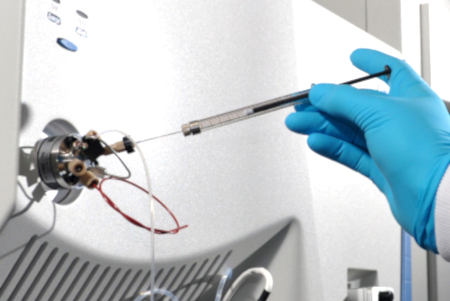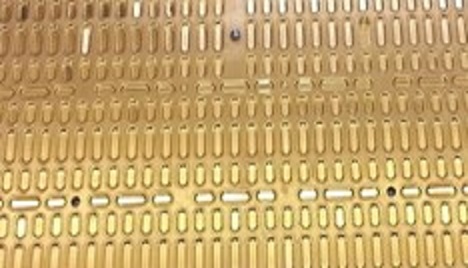Division of Biomedical Sciences
Part of the Institute of Health Research and Innovation, the Division is based at the Life Sciences Innovation Centre and An Lòchran on Inverness Campus.
The Division is home to the Free Radical Research Facility, and has research expertise in Genetics and Immunology, Lipidomics and Medical Nanotechnology.
We conduct extensive research, primarily into the causes and consequences of diabetes, but also into a wide range of clinical conditions; most notably cardiovascular diseases, inflammatory diseases, and cancer. Led by Professor Ian Megson, the mission of the Division is to undertake world-class research into the causes and treatment of diabetes and the cardiovascular diseases that the condition precipitates.
The division also undertakes a range of contract research to support commercial entities of any size.
Explore our research areas in more detail by clicking on the below theme boxes:
Free Radical Research Facility
Free radicals play crucial roles in human physiology and disease progression.
Our focus is on measurement of a wide range of metabolites and markers in biological samples associated with oxidative stress and inflammation.
Genetics and Immunology
Groups in this department investigate the molecular and cellular basis of disease, including genetic, epigenetic, proteomic and immunological factors. This includes the study of schizophrenia, diabetes, heart disease and cancer (specifically, melanoma).

Mass Spectrometry
Identifying the role of biomarkers in disease progression is crucial in helping to identify diseases early and to discover new, effective treatments.
The team uses mass spectrometry as a powerful tool to allow simultaneous measurement of numerous chemical messengers involved in disease evolution. The very large datasets are then disentangled by complex bioinformatics and statistical analysis to inform clinical and laboratory research and drug discovery.

Medical Nanotechnology
Nanotechnology is defined as the branch of technology that deals with dimensions and tolerances of less than 100 nanometres, especially the manipulation of individual atoms and molecules.
Research is being built in nanomaterials for biomedical applications as well as photonics laboratory for optical spectroscopy and bio-photonics.